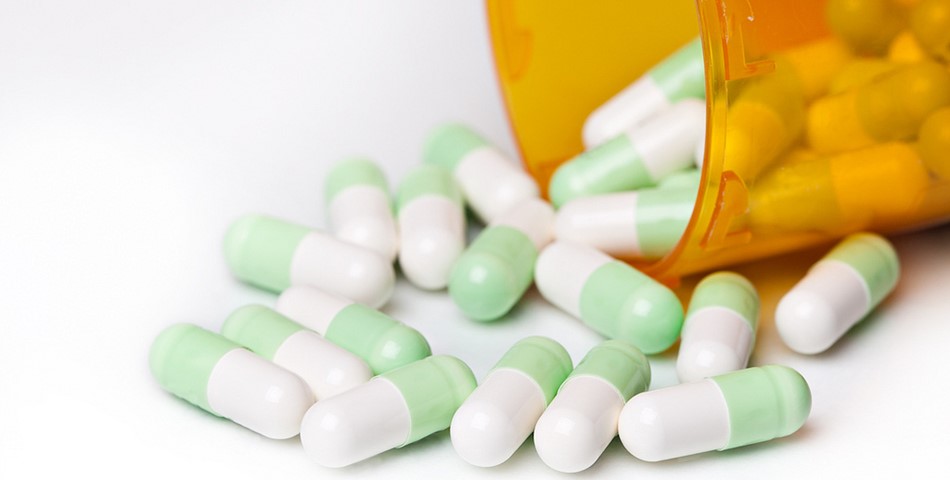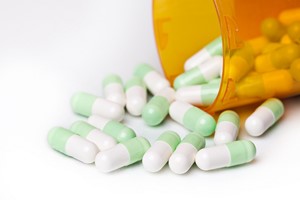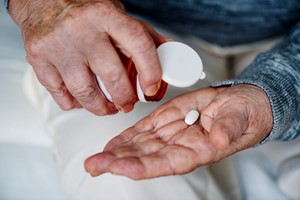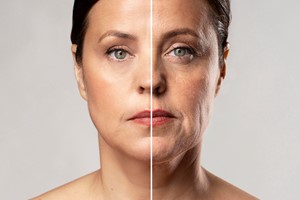The global pharmaceutical market is expected to earn over a trillion dollar in revenues by 2012. The market will witness a number of changes impacting its course of growth.
These include the shift of growth from the developed markets to the emerging ones, increasing focus on biotech-based drugs, fewer new drug approvals, and a strong growth in the prevalence of generics.
Besides, massive growth is being forecast for the pharmaceutical and biotechnology markets of Middle Eastern countries, driven by moves to liberalize national economies, the introduction of mass health insurance and the determination of the regional governments to become self-sufficient in pharmaceuticals production.
Overview
Overall the Middle East's pharmaceutical market is valued at more than USD12 billion and is expected to grow at healthy 10-15 percent annually, according to a recent report published by URCH Publishing.
There are more than 450 pharmaceutical manufacturers in the Middle East - With the exception of Egypt, all Middle Eastern countries are high importers of branded drugs.
Egypt is over 90 percent self-sufficient in its medicine needs.
Furthermore, Saudi Arabia, as the richest regional market, has embarked on an ambitious hospital building project - Major growth drivers are greater access to generics and innovative new medicines as primary care improves and more people are covered by health insurance.
Besides, most Middle Eastern Countries are increasingly adopting liberal economic policies in the healthcare sector.
Meanwhile, local manufacturing capabilities are constrained to generics and a high acceptance of Western medicines is present.


A bolstering market
The pharma industry of the MENA region has been benefitted majorly from factors, such as large and consistently increasing population, high prevalence of diseases, and many more.
These supportive factors will ensure the continued growth of the pharmaceutical industry in the region in near future as well.
According to new analytical research study by RNCOS, the pharmaceutical market in the region is expected to grow at a CAGR of around 9.5 percent during 2011-2013.
Currently, the regional market is in a state of evolution due to the definitive regulatory changes in the corresponding nations.
The policy changes are aimed at boosting the domestic pharma industry, and to encourage the influx of key foreign private players in the industry.
The report moves on to say those countries, such as South Africa, Saudi Arabia, Algeria, and Egypt are currently dominating the pharmaceutical industry of the whole region.
These countries have better position than others in terms of infrastructure and the regulatory environment. Furthermore, MENA's pharmaceutical industry is highly dependent on imports, with most of the drugs and therapeutics being procured from the European countries.
A self-sufficient market


Providing the political situation stabilizes and the economy continues to perform well, the Egyptian pharmaceutical market at retail prices is expected to rise by a double-digit CAGR in US dollar terms between 2011 and 2016, according to a report published by Espicom.
In spite of recent production problems, production is expected to rise as the healthcare system continues its transition towards modernization.
Considering opportunities beyond Brazil, Russia, India and China (BRIC) pharmaceutical markets, Egypt is becoming a very attractive market for multinational pharmaceutical companies focused on emerging markets.
The Egyptian pharmaceutical industry has enjoyed a period of considerable development in recent years. There is a strong domestic production sector and, while the majority is destined for the domestic market and imports play an important role, Egypt has emerged as a leading exporter of pharmaceuticals to Arab, Asian and Eastern European markets.
Import-dependent market
The Lebanese market is very different to the other Arabic Gulf Levant countries, if only because pharmaceutical expenditure per capita is almost ten times as high (USD276 in 2010).
This means that low-value generic drugs are not in high demand, especially with the fear of counterfeits, while weak IP laws mean there is neither the expertise nor investment available to make high value pharmaceuticals.
The country has therefore remained mostly dependent on imports, according to a report by Business Monitor International (BMI).
The same report moves on to say that Lebanon is modeling its IP regulations on Jordan, which uses a strong regulatory environment to encourage investment, it should see further improvements.
The adherence to international intellectual property (IP) law in Jordan, for example, has allowed Hikma Pharmaceuticals to become the region's biggest generic drugmaker.













